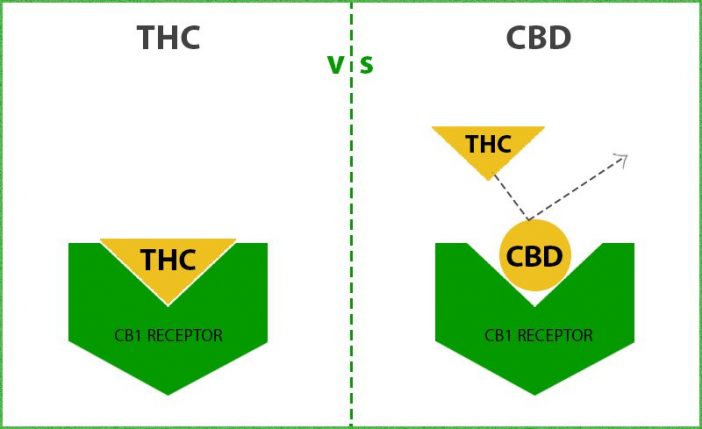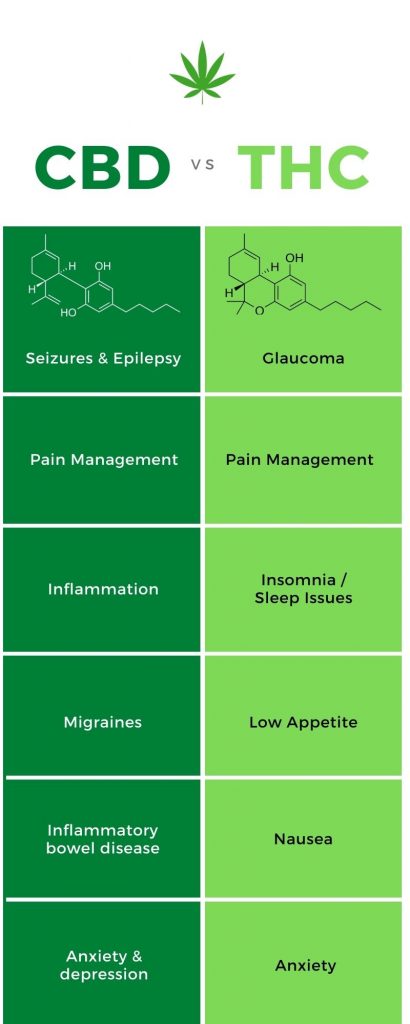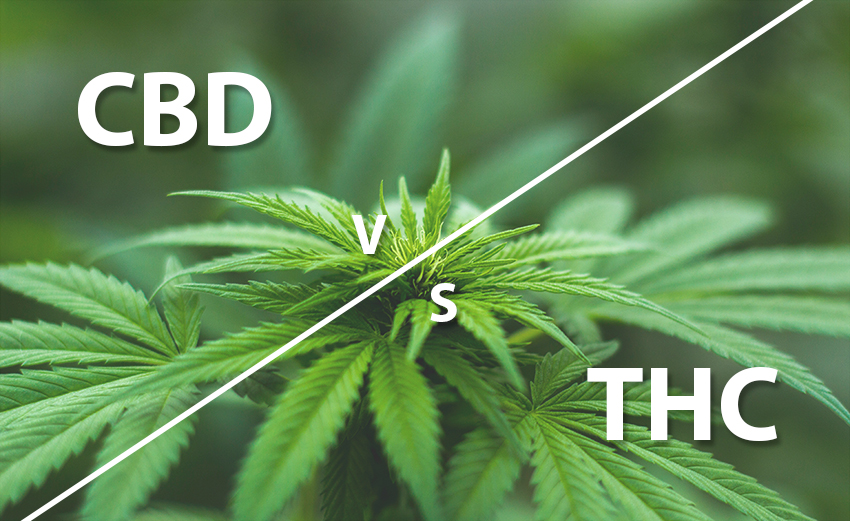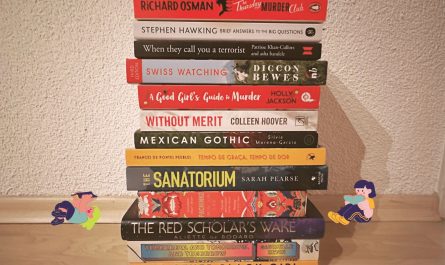As I mentioned in my previous post CBD (Cannabidiol) and THC (Tetrahydrocannabinol) are both chemical compounds naturally found in the cannabis plant and are also known as cannabinoids.
When consumed, both CBD and THC compounds interact with receptors in the Endocannabinoid System (Endogenous Cannabinoid System), but they affect our body in a different way.
Let’s start from the beginning.
What is the Endocannabinoid System?
The Endocannabinoid System (ECS) is responsible for keeping our body in a stable condition where everything is working properly, despite what might be going on arround us. Our body produces its own cannabinoid compounds (endocannabinoids) that play an important biological role by maintaining balance in the body.
For example, our Endocannabinoid System aims to keep our heart rate steady and our body temperature to normal levels, no matter what the temperature is outside or if we are working out. Our body is at its healthiest when it is in balance, so the ECS works with the various systems in our body to maintain this balance.
Our body’s Endocannabinoid System is made up of three parts:
- The first of these elements are the cannabinoids our body naturally produces. These are called endocannabinoids.
- The other two elements include the cannabinoid receptors that our body’s endocannabinoids (as well as cannabinoids we ingest) bond with, and the enzymes that break down both the endocannabinoids and cannabinoids.
All these elements work together to help our body control various functions, such as our appetite, immune response, motor control, and feelings of pleasure and pain. Specifically, the endocannabinoid system communicates with our central and peripheral nervous systems to transfer messages from our brain to the rest of our body. In other words, ECS operates as a bridge between mind and body.
Two main types of cannabinoid receptors are critical to this process. These include:
- CB1 receptors: These reside in our central nervous system, including the nerve tissues of our brain and spinal cord.
- CB2 receptors: These reside in our peripheral nervous system, including the nerve tissues everywhere else in our body, as well as our digestive and immune system.
💡 According to Alger (2013), the Endocannabinoid System was named after cannabis, as cannabinoids were discovered before the cannabinoid receptors in our brains.
Why do CBD and THC have different effects to our body?
CBD and THC compounds interact differently with the CB1 and CB2 receptors in our Endocannabinoid System and therefore they have different effects on our body.
THC perfectly attaches itself into cannabinoid receptor CB1 in the brain and releases dopamine. The release of dopamine, in turn, affects things like mood, cognition, and perception and results in the “high” feeling caused by marijuana and other products with high THC levels.
CBD does not fit perfectly into CB1 receptor. CBD alters the shape of the CB1 receptor and prevents the binding of THC. Because of this, mood, cognition, and perception are not affected, and there is no feeling of that “high”.

So, what is the main difference between CBD and THC?
CBD is more widely used for therapeutic purposes, as it is non-intoxicating. CBD’s main applications are in addressing migraines, chronic pain, inflammation, anxiety, depression, and certain seizure disorders.
THC is more commonly used for recreational purposes. Despite its reputation as a recreational drug, THC does have some therapeutic uses. It is most commonly used to manage pain, sleep troubles, glaucoma, insomnia, and low appetite.
https://youtu.be/-QAiNnRfyYI
Different medical conditions benefit from the consumption of either CBD or THC. However, in some cases, the use of both show equal benefits.
In the following infographic you can see some of the common uses for CBD and THC compounds:

Information: Patel, R. (2019). The CBD Oil Solution (1st edition). Alpha.
One of the most commonly available and easily accessible forms of CBD is CBD oil.
CBD oil is a concentrated extract from the cannabis family of plants that contains much higher amounts of CBD than THC.
I will cover this topic in my next post. Stay tuned!
I hope you found this post interesting and I am looking forward to your comments!
Disclaimer:
I would like to clarify that everything written in this post is pure data collection from several sources that you can find below and it is not my personal opinion. My only aim is to raise awareness on the topic.
Sources:
cbdoil.org/cbd-vs-thc
cbdoil.org/endocannabinoid-system
Patel, R. (2019). The CBD Oil Solution (1st edition). Alpha.
Alger B. E. (2013). Getting high on the endocannabinoid system. Cerebrum : the Dana forum on brain science, 2013, 14.
Lu, H., & Mackie, K. (2015). An Introduction to the Endogenous Cannabinoid System. Biological Psychiatry (1969), 79(7), 516–525. https://doi.org/10.1016/j.biopsych.2015.07.028
Previous Post
CBD: An unfortunate misunderstanding?




Very interesting, I did not know CBD was a product that can be used to fight migraines and inflammation.
Thank you Adrian! Apparently, CBD compound can be incorporated in different kind of products and have positive results. In my next post I will talk about the most common product, CBD Oil. Stay tuned!
Hi Vasia, very informative post. I think it is great that you are raising awareness on such a topic. There is definitely a lot to learn.
Thank you very much Paam! It is a very big topic and I am trying to summarize it and make it more understandable. Stay tuned for my next post to find out about one of the CBD products!
Such an informative post. A great way to break the stigma of CBD being a psychoactive substance when it is not the case. Excited to see what you have to share next!
Thank you very much Srishti! My main goal in this post was to distinguish CBD and THC compounds according to their intoxicating effects. There is a general misunderstanding regarding these terms. In my next post I will talk about CBD Oil. Stay tuned!